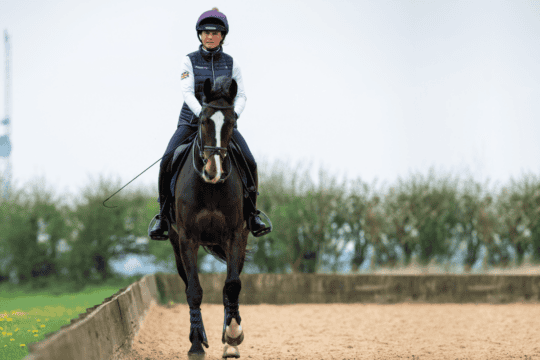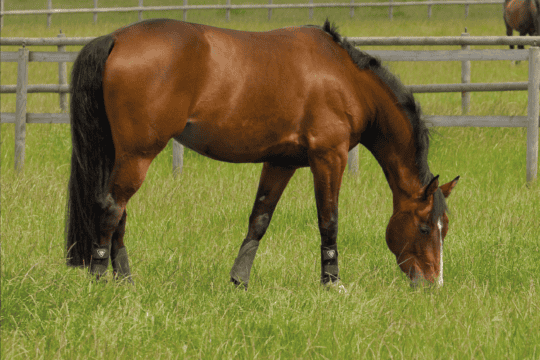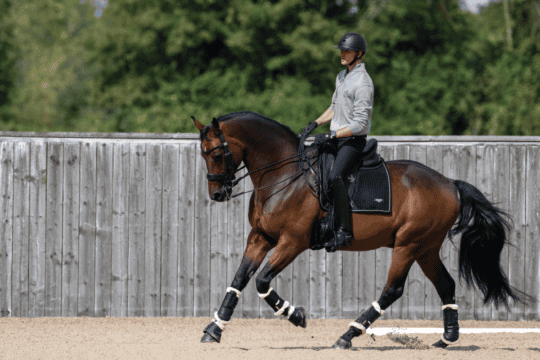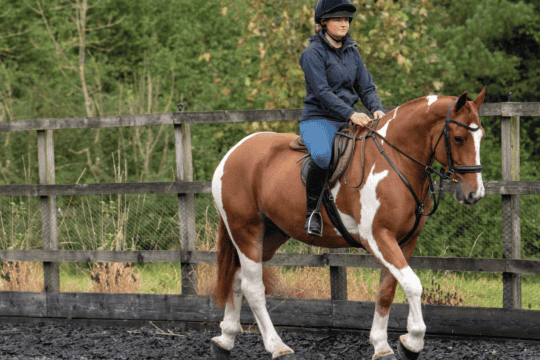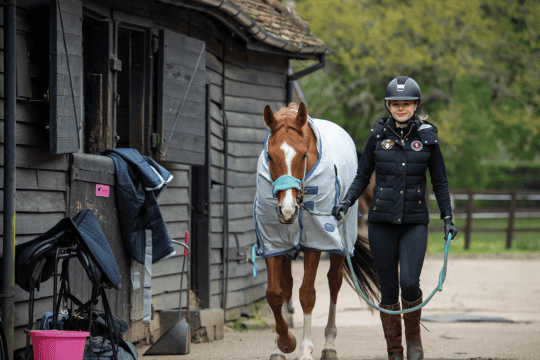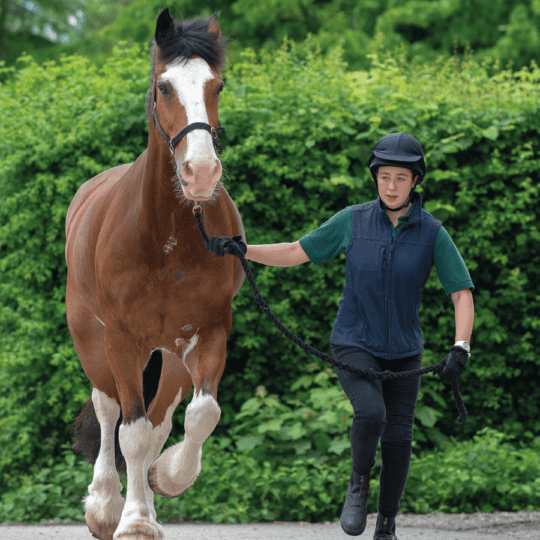Can you train trust?
Posted 10th June 2022
How would you go about helping a horse overcome his fears and phobias? Anna Haines shares some of the positive training techniques she uses
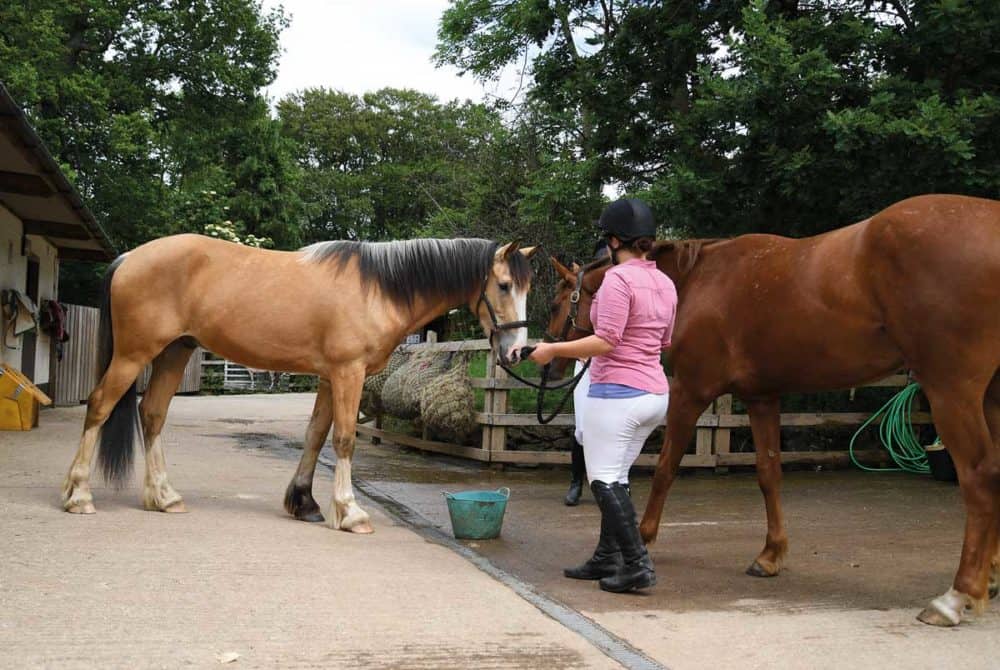
Rehoming charities, sanctuaries and other similar organisations come across many different types of equines from a variety of backgrounds. While some are healthy, well-rounded individuals, others have behavioural or psychological problems that would benefit from rehabilitation. We take a look at some of the horses at the Mare and Foal Sanctuary – and how, with the help of the staff, they managed to overcome their biggest phobias.
Case study
Avalon is a 13.3hh spotted gelding who has complex behavioural needs. He struggles with new experiences and becomes anxious quickly if he’s faced with something that he’s unsure about, such as veterinary treatments and worming. If he’s rushed, he’s quick to respond with big reactions and can quickly become difficult to handle.
Avalon’s handler, Chelsea, worked patiently with him, taking very small steps towards the eventual goal and, due to his reactive nature, allowing him to be loose during their training sessions. One of the earliest obstacles the pair worked to overcome was Avalon’s fear of having anything put near his mouth – this made worming and veterinary examination a challenge.
Plan in action
Chelsea resolved this by teaching Avalon to touch a worming syringe with his mouth in return for a reward. Over time and plenty of repetition, she was able to work up to him taking the wormer into his mouth, then started to add different flavours into the syringe. Throughout his training, water, apple sauce and molasses were used to get Avalon used to something nice being squirted into his mouth and to help change his emotional response to the process. By doing this gradually, Avalon’s confidence grew.
On the day he was actually wormed, Avalon was completely loose, without even a headcollar. He chose to take the syringe into his mouth and there was no negative reaction to the wormer being administered. He then continued with his training session to go back to enjoying tasty molasses being squirted into his mouth instead of a wormer. A similar process is now being carried out to help him gain confidence with injections, in preparation for his next vet visit.
TOP TIP
It’s key to always work just on the edge of your horse’s comfort zone – staying within it would mean you never make any progress, but pushing too far outside of it would lead to a big increase in anxiety and a negative experience for him.
Want to know more tips on growing trust to help a horse overcome fears and phobias? Grab your copy of July Horse&Rider magazine, on sale 16 June 2022.


